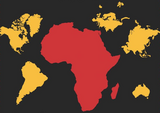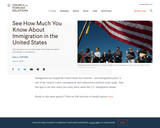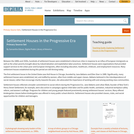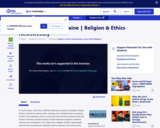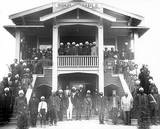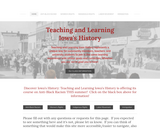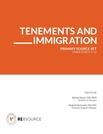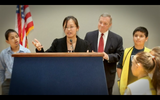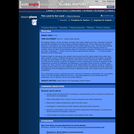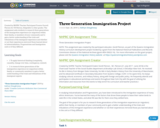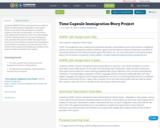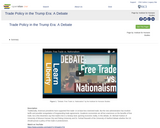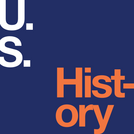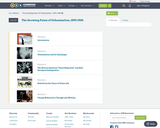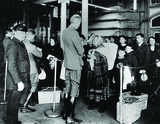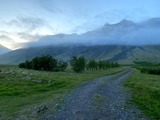The estimated number of undocumented immigrants living in the United States in 2018 is 11.3 million. Of these, about 3.6 million entered the U.S. before their 18th birthday. This latter group, the Dreamers, have been advocating for a path towards legal residency and citizenship since 2001. This lesson will explore the origins of the Development, Relief and Education for Alien Minors Act (DREAM Act) and connect the story of Tereza Lee, the first DREAMer, and the current struggles of others like her against possible family separation and deportation.
2021 Social Science Standards Integrated with Ethnic Studies:
Civics and Government: 6.4, 7.5, 8.7, 8.8, 8.9, HS.1, HS.2, HS.6, HS.9, HS.10, HS.11
Economics: HS.24
Geography: HS.51
Historical Knowledge: 8.22, 8.25, HS.58, HS.61, HS.64, HS.65
Historical Thinking: 8.32, HS.67, HS.69, HS.70
Social Science Analysis: 6.24, 6.26, 6.27, 6.28, 7.27, 7.29, 7.30, 8.33, 8.34, 8.36, HS.71, HS.72, HS.73, HS.75, HS.77, HS.78


